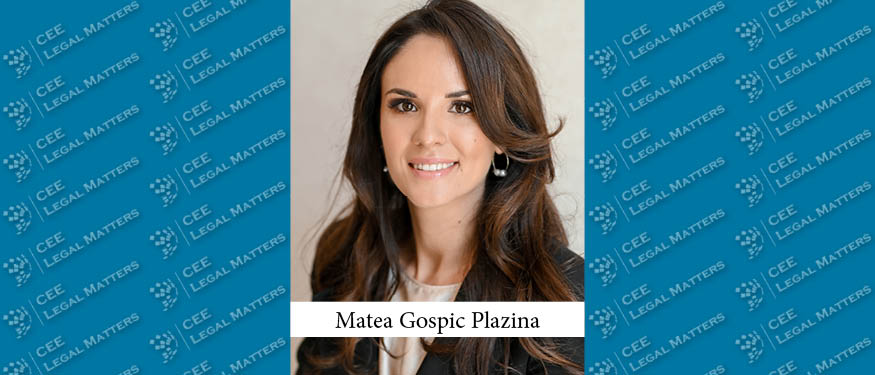North Macedonia introduced its first competition law in 1999, however, the law that is now applicable was adopted in 2010. With this law, North Macedonia brought its harmonization of competition rules with the EU acquis closer.
The merger review process in North Macedonia is characterized by a high degree of publicity. Transparency of the procedure exists at the earliest stages of the review process, unlike many other jurisdictions where the competition authorities usually publish only the results of their review.
Publicity at the Early Stage of the Merger Review Process
The Macedonian Commission for the Protection of Competition (MNCA) publishes a notice on its website for each notification of concentration delivered, on which third parties are able to submit their comments within ten days.
The MNCA notice usually contains 1) information on the applicant(s); 2) the type of business activities carried out by the applicant(s); 3) general information on the applicant’s/applicants’ revenue in North Macedonia; 4) the relevant markets; and 5) a preliminary statement about whether the concentration falls under the scope of the Macedonian Law on Protection of Competition. Each MNCA decision is published on its website and in the Official Gazette of North Macedonia.
Confidentiality Only Upon Request
Previously applicable laws (the first from 1999, the second from 2005) did not regulate the issue of confidentiality/protection of trade secrets in relevant proceedings.
The Macedonian Law on Protection of Competition treats information as a business secret – i.e., keeps it confidential – only at the applicant’s request. For this reason, parties claiming confidentiality need to flag the relevant data as a business secret. Additionally, they should substantiate the legal ground for such confidentiality. The MNCA, on the other hand, is entitled to decide whether such a confidentiality request is to be accepted.
That said, the law gives some general guidelines urging the MNCA not to approach the matter in too extensive or too strict a manner. Specifically, the law stipulates that if the data has economic or market value, and its disclosure or use could lead to other companies gaining an economic advantage, such data should be treated as a business secret. The following should therefore be considered: the extent to which such data is publicly available, the extent of data protection in the company, and the value of said data to the company and its competitors.
The MNCA needs to ensure that all business secrets are kept confidential. Therefore, a business secret is considered to be data that is stipulated as such, according to the law or other relevant regulation, as well as data that is 1) marked as a business secret by a relevant party in a proceeding, and 2) accepted as such by the MNCA. The relevant law, however, advises that publicly available data, data older than five years, revenues contained in annual financial or statistical reports, and data and documentation crucial for the MNCA to reach its decisions cannot be treated as business secrets.
The MNCA’s practice runs along the same lines. For a public version of the decision to be prepared, the applicants should submit a proposal of the public version of the decision, with clear justification. If left unaddressed, it is assumed that the decision does not contain a business secret, and is, therefore, to be published in full. Hence, companies should deliver one copy of the document with secret business data included (a confidential version) and one copy without the secret business data (a non-confidential version).
On a separate note, in misdemeanor proceedings before the MNCA’s Misdemeanor Commission, if only a confidential version is delivered, the MNCA’s Misdemeanor Commission would request delivery of a non-confidential version within three days. If no action is taken, the data is deemed not to be confidential.
Conclusion
The MNCA’s practice in competition proceedings runs, on one hand, along the lines of the transparency principle and, on the other, along the lines of active involvement of the parties, by only practicing confidentiality upon their request. In this manner, the Macedonian Law on Protection of Competition balances these two opposing principles.
By Srdjan Jankovic, Head of Competition and TMC, Petrikic & Partneri AOD in cooperation with CMS Reich-Rohrwig Hainz, and Zlatko Kujundjiski, Attorney-at-Law, CMS Skopje
This Article was originally published in Issue 8.9 of the CEE Legal Matters Magazine. If you would like to receive a hard copy of the magazine, you can subscribe here.

















